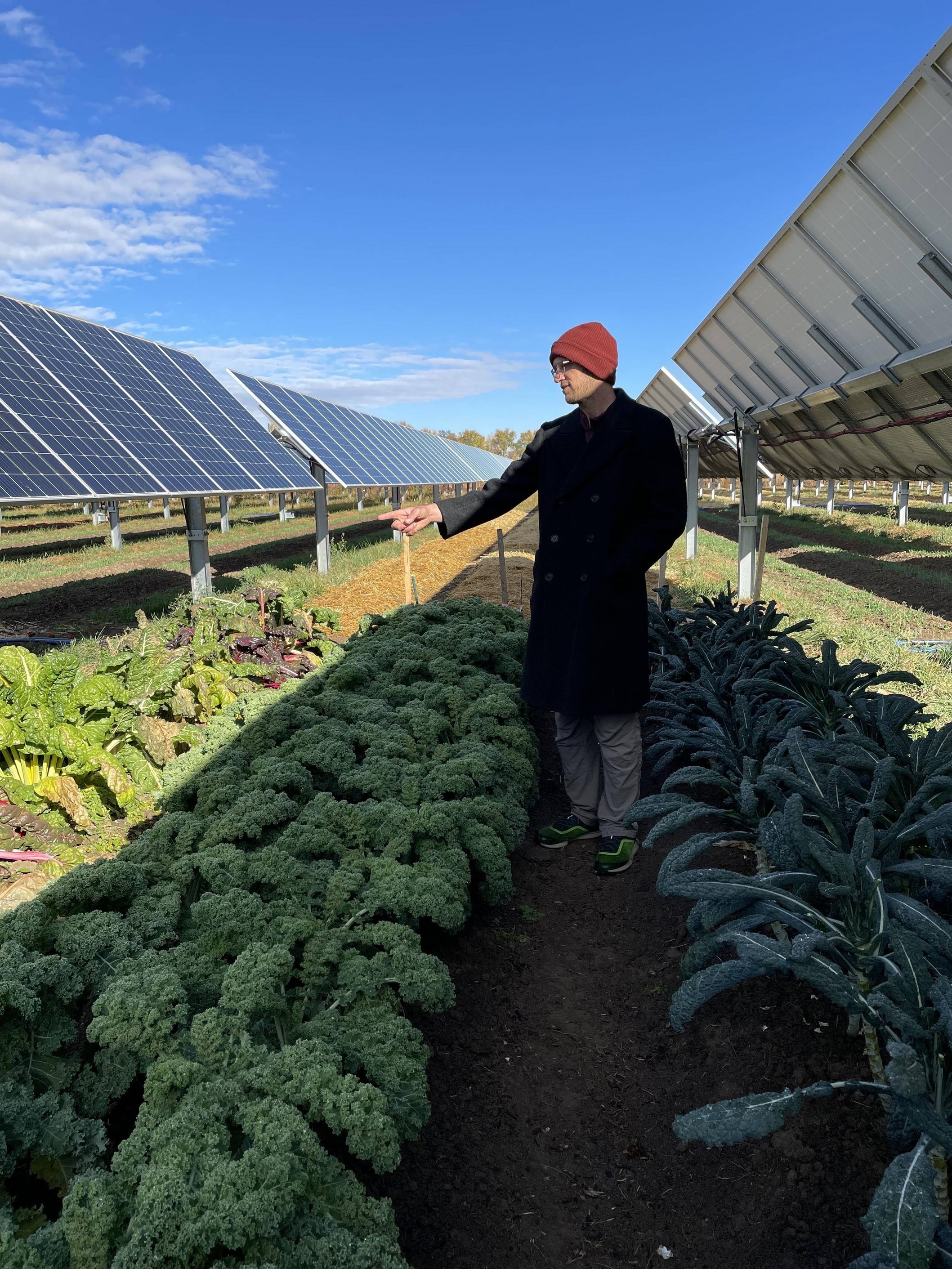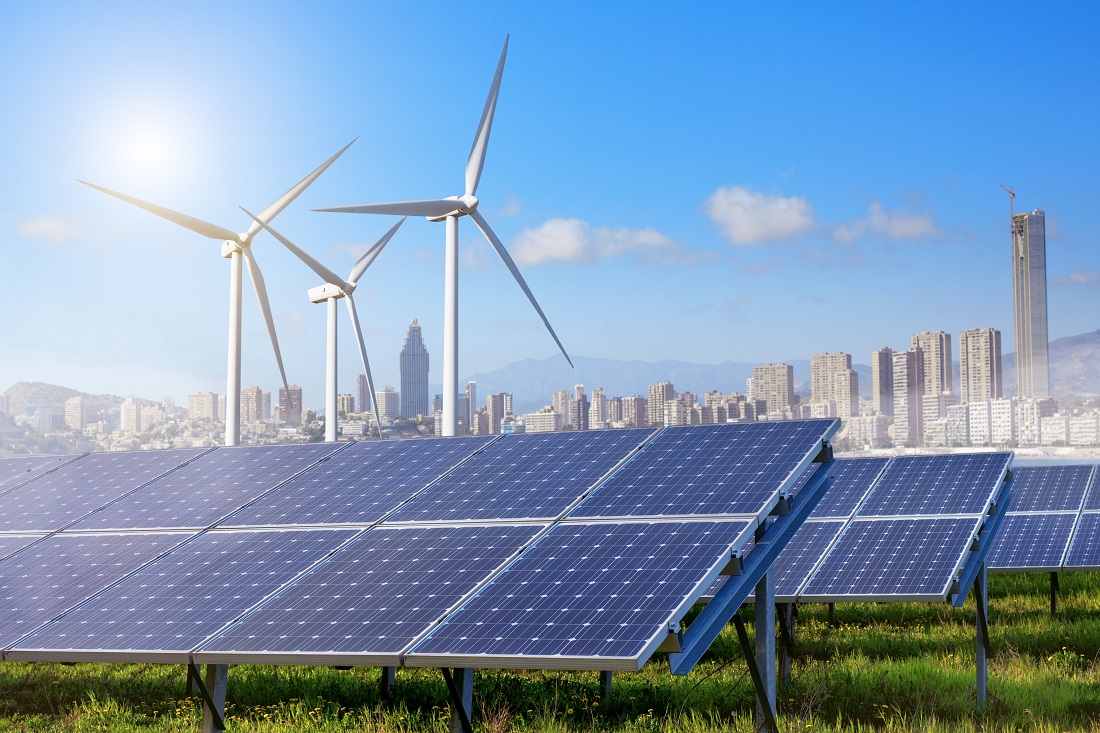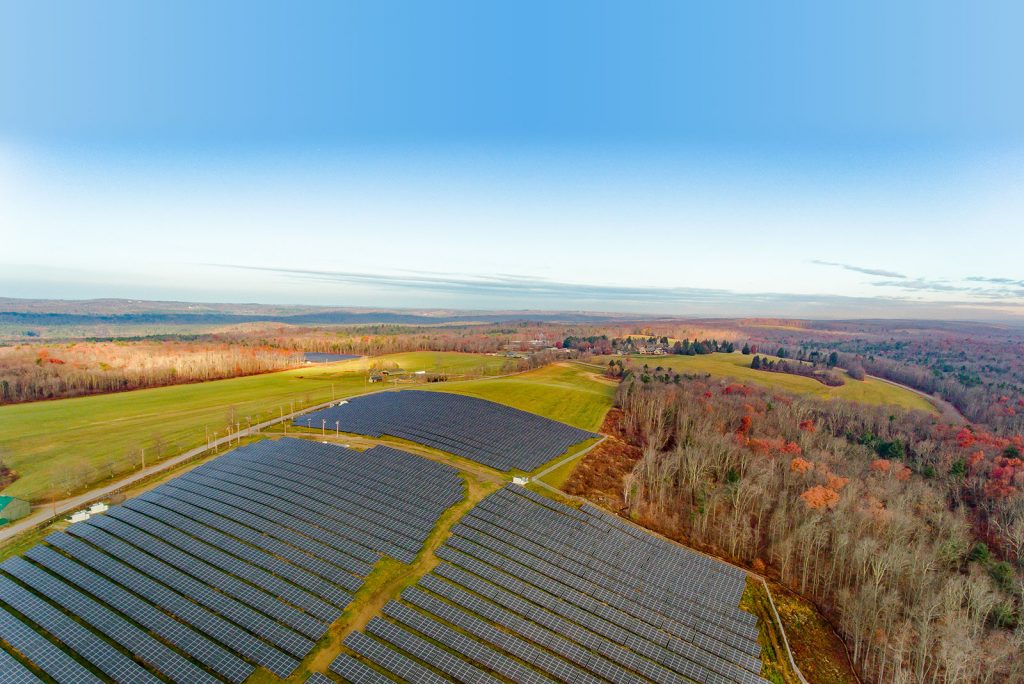
Consider the costs of DIY solar panels. These panels are labor-intensive and require permits to install. Safety is another factor. Professional help is recommended if you have never installed solar panels before. Also, it is vital to understand the regulations and local laws in your area before attempting the project.
Cost of DIY solar panels
DIY solar panels are an option for people looking to save money on their electricity bill. These panels require additional materials but are usually cheaper than prefabricated panels. Before making the decision to DIY your solar panel system, consider the pros and cons. DIY solar panels will not only save you money, but they can also help you cut your electricity costs.
Making your own solar panels is not a simple task. It takes a lot of skill, and requires that you have the skills to do the job correctly. Installing solar panels is not as easy as installing Christmas lights. It requires climbing up onto your roof and wiring. An inverter and the angle of the panels will also need to be determined.

Permits for installation are required
Before you can install solar panels on any property, it is necessary to obtain all required permits. You can get the permits from your local zoning boards. These permits can take a few days to a few weeks to obtain. These permits typically cost around $100.
A permit is required to install DIY solar panels. The local electrical and building departments will review the design of your solar energy system during the permitting process to ensure it meets all local safety and building codes. The building department will also check that the roof can support the weight of this system. Some older homes may not be able to support the weight of a solar array. In such cases, you might need to upgrade or re-roof the home.
Labor intensive
DIY solar panels are an excellent option for off-grid projects. For most homeowners, however, it is not feasible to go completely off-grid. It's better to remain connected with the primary utility grid, and to have stable electricity. If you do not need electricity, you won't have expensive utility bills.
DIY solar panels are a great way to save money, but it can also be time-consuming. The solar panels will require you to be absent from work for a while, which could lead you to spending more time than the savings. In order to make sure that the panels are functioning properly, you will also have to maintain them.

Safety concerns
You should be aware of the potential risks associated with installing DIY solar panels on your home. Your safety is your number one concern. Without the right training and tools, there is a risk that you will injure yourself and your loved ones. Plus, improperly installed solar panels can damage your roof and ruin your curb appeal.
Installing DIY solar panels also entails a great deal of research. First, determine which permits you will need to install your panels in your state. The next step is to purchase and install the equipment. Renogy's DIY Kits come with detailed instructions and safety guidelines.